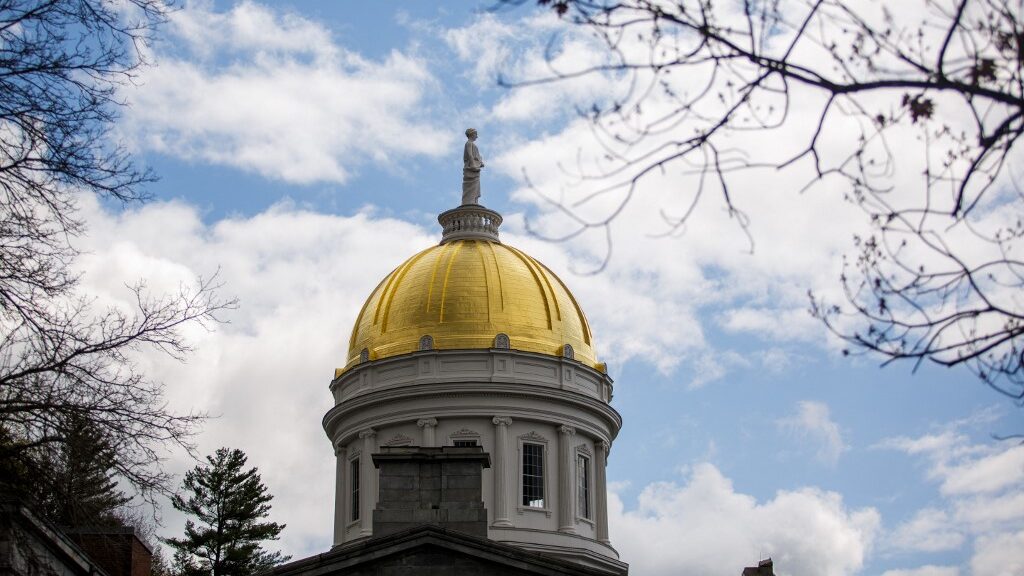
The process has been slower than a syrup pour in the cold air of February, but online sports betting in Vermont will finally be launched on January 11.
Turning the Vision into Reality
After years of discussions, Governor Phil Scott signed the sports betting law in June, but now the dream is set to become a reality.
“I first proposed Vermont legalize sports wagering several years ago, and it’s good to see it come to fruition,” Governor Phil Scott said in a statement. “Vermonters and visitors alike will soon be able to access a regulated sports wagering marketplace, which will come with important consumer protections and generate revenue for the State.”
The Governor pointed out that the legislation for sports betting incorporates measures designed to mitigate the risk of individuals developing gambling-related issues. These include setting daily and weekly wagering limits and prohibiting the use of credit cards. The law also mandates an annual expenditure of an additional $250,000 on a new program administered by the state Department of Mental Health.
Online Sports Betting Operators in Vermont
Mobile sports betting platforms from DraftKings, FanDuel, and Fanatics Sportsbook will be in action. A pre-registration period has already started, which will allow all three operators to register Vermonters who want to set up accounts before the January launch date.
After signing up, each sportsbook is likely to offer one of two promotions to its new users:
- Deposit match: The sportsbook adds a dollar amount to the user’s balance that’s equal to the user’s first deposit.
- No-sweat first bet: The sportsbook adds a dollar amount to the user’s balance equal to the user’s first bet if the bet loses.
It’s important to note that each promotion will likely have its own set of restrictions, including:
- Rules that dictate the type of bet that qualifies for the promotion.
- A date that signifies when the bonus balance or no-sweat bet needs to be used.
- A set limit on the maximum promotion amount.
All three operators have a six-year contract with the state that includes extensions if both parties agree to continue operating legal wagering in the years to come. They will also pay more than the 20% minimum revenue share. DraftKings and Fanatics Sportsbook will each pay 31% and FanDuel will pay 33%.
The state anticipates generating up to $7 million in revenue from sports betting in the year 2024.
Two Online Operators Rejected
According to Wendy Knight, the commissioner of the Department of Liquor and Lottery, BetMGM, and Penn Sports Interactive (ESPN BET) also submitted proposals to operate in Vermont but were ultimately rejected.
Penn Sports Interactive had incomplete documents in its application, and BetMGM suggested a revenue-sharing plan that would fluctuate based on the number of authorized sportsbook operators in Vermont. Knight stated that this proposed revenue-sharing model was deemed “not acceptable.”
Horse Race Betting Not Allowed
Despite having three authorized sports betting contractors in the state, Vermont residents may need to travel out of state or use offshore sportsbooks to place bets on specific sports. Bets on horse racing are not permitted, but that could change in the future.
Not Many States Remain Without Online Sports Betting
As of November, a report from the American Gaming Association revealed that only 12 states do not provide legal online sports betting or have no pending legislation for its authorization.
Sports betting remains illegal without legislation in five states: California, Alaska, Alabama, Utah, and Idaho. Additionally, several states, including Texas, Georgia, South Carolina, Missouri, Oklahoma, and Hawaii, have introduced but not passed legislation, rendering it inactive or “dead.”
Vermont is now off the list. We’ll now see if residents say it was worth the wait.












